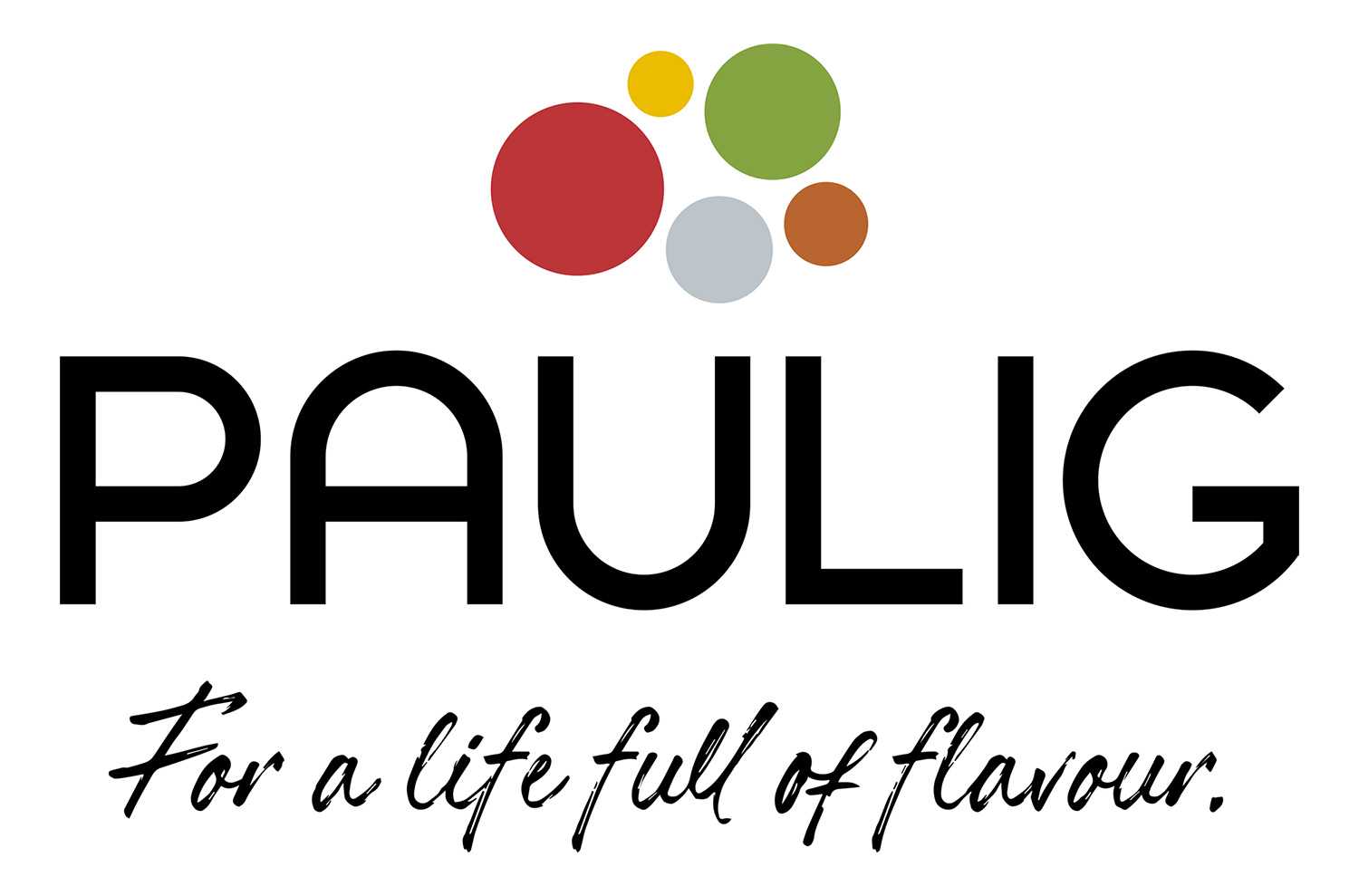TAIPEI, Taiwan – Nike is thinking inside the box—the shoe box, that is. 30 years after the Air Max 1 changed the sneaker industry forever, the sportswear giant is revolutionizing the shoe’s packaging with a polypropylene receptacle derived entirely from post-consumer recycled milk jugs, juice containers, and coffee-cup lids.
The brainchild of Arthur Huang, CEO of Taipei-based engineering firm Miniwiz, the revamped shoe box features a modular design that makes stacking for storage or display a cinch. Even better, it can be repurposed as a hardshell backpack.
Another bonus? At the end of its life, the shoe box can easily be recycled. No waste, no haste. The container’s pro-planet traits dovetail neatly with Miniwiz’s own business philosophy, Huang said in a statement.
“These are all intentional features and qualities which revolve around the intent of every Miniwiz product—reducing the impact on the environment in every way it can,” Huang said.
“In this case, we’re adding features and efficiency to an existing product—shoe boxes—and by reusing non-virgin materials in a sustainable and responsible way.”
Nike, Nike Air, recycled plastic, recycled coffee lids, recycled milk jugs, recycled milk cartons, recycled juice cartons, eco-friendly shoe boxes, sustainable shoe boxes, recycled shoe boxes, Miniwiz, recycled polypropylene
The sneaker the container was designed to support, the NikeLab Air Max 1 Royal, takes a similar resource-conserving tact. It’s clad in Nike’s Flyknit fabric, which the company stitches together using a seamless technique said to produce 60 percent less waste than conventional cut-and-sew means.
“We love Flyknit as a technology,” Huang said. “It gives designers a new canvas to create cool, while lowering environmental impact. We want to be associated with that and are glad that we are a part of this revolution.”
Jasmin Malik Chua







